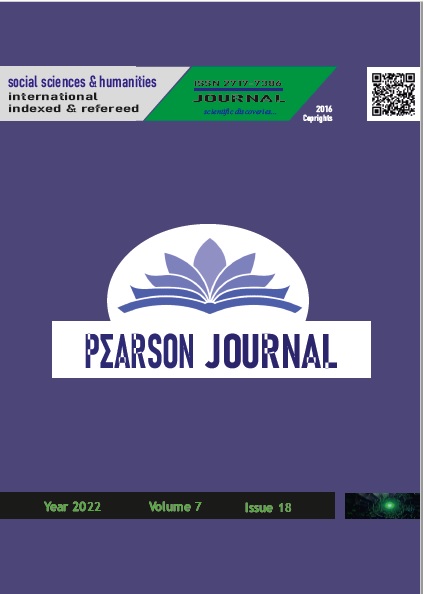MARIANNE MOORE: BAŞKA YOL YOK, POETİKA YOLUYLA BEDENİ CİNSİYETLENDİRMEK VE DİŞİL YAZIN OLARAK ŞİİR
DOI:
https://doi.org/10.46872/pj.507Anahtar Kelimeler:
Mimesis, Postyapısal Feminizm, Kadın Bedeni, Cinsiyet Rolleri, Dişil YazınÖzet
Bu çalışma Marianne Moore’un Marriage, To be Liked by You Would be a Calamity and Feed Me, Also, River God şiirlerini, Hélène Cixous, Julia Kristeva ve Luce Irigaray’ın yazılarından yola çıkarak postyapısal feminist bir çerçevede incelemeyi amaçlamaktadır. Çalışma, bu şiirlere dişili ve dişil bedeni söyleme tekrar yerleştirmeyi hedefleyen ve dişil yazını anlamına gelen ‘ecriture feminine’ örnekleri olarak bakmaktadır. Erkek temelli söylemde kadınların temsil edilemeyişi, yaratılışa bağlı olarak dişilin özcüleştirilmesi ve kadın bedeninin erkek arzusunun nesnesi olarak algılanması bu feminist düşünürlerin temel tartışma noktalarıdır. Bu teoristlerin görüşlerine paralel olarak, Marianne Moore şiirleri aracılığıyla kadının ne olduğuna dair geleneksel fikirleri alt üst eder ve bedeni yeniden yazarak poetik özneliğe ulaşır. Şair, babanın dilini taklit eder, cinsiyet rollerini de maskeleyerek bunların edimselliğini gösterir ve bir yandan da dişil öznelik yaratabilmek için bu rolleri çarpıtır ya da yeniden gözden geçirir. Bu yüzden de ‘ecriture feminine’ alt üst edici, revizyoner, çoklu ve akışkan doğası sayesinde yazıyı ve kadın bedenini politize etme aracına dönüşür.



